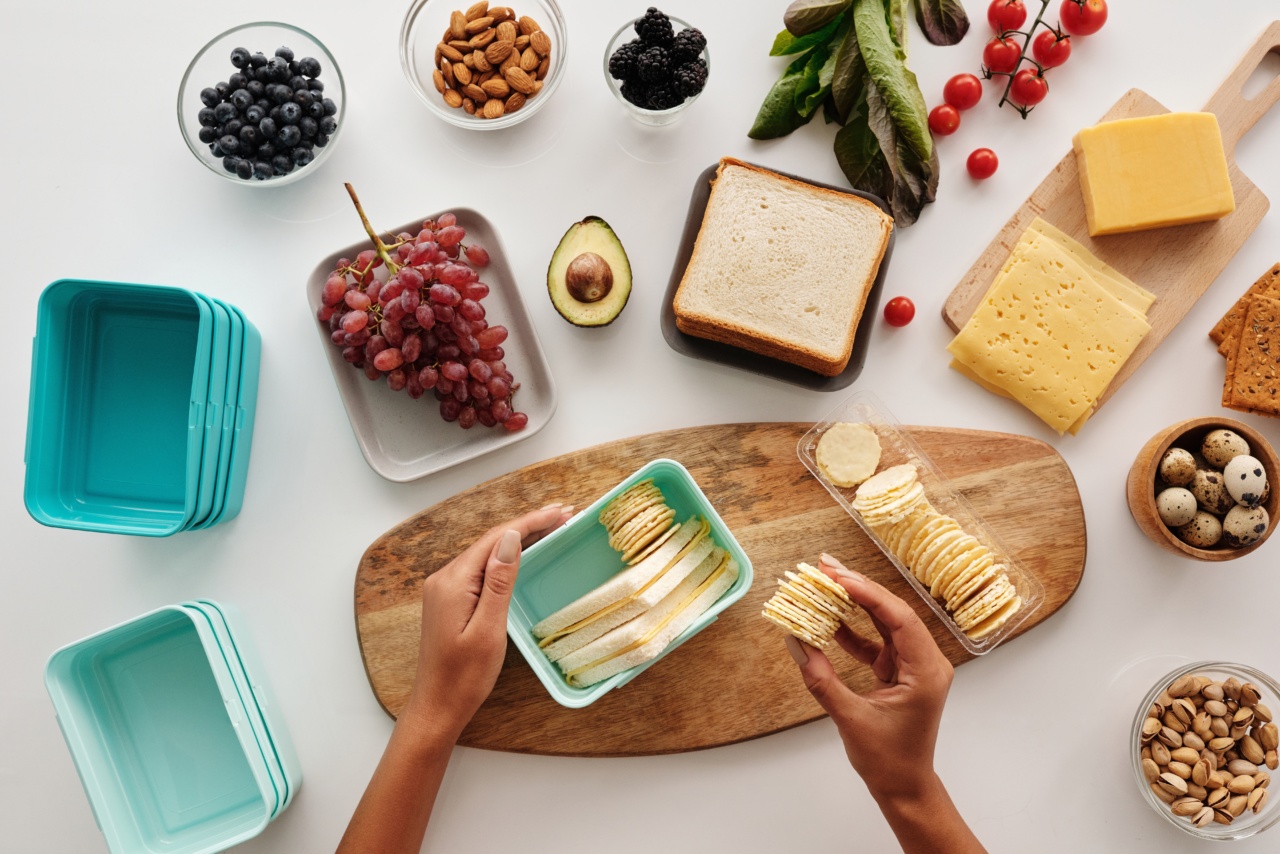Testosterone is a vital hormone in both men and women, playing a crucial role in reproductive health, bone density, muscle mass, and overall well-being.
While testosterone levels naturally decline with age, several factors, including diet, can significantly impact its production. Certain foods have been found to have detrimental effects on testosterone levels, increasing the risk of low testosterone and related health issues.
In this article, we will explore how your diet can affect testosterone levels and discuss foods that may increase the risk by up to 30%.
The Importance of Testosterone
Before delving into the impact of diet on testosterone levels, it is crucial to understand the importance of this hormone.
Testosterone is primarily associated with male sexual characteristics, but it is present in both males and females, albeit in varying amounts. In men, testosterone is produced in the testes, while in women, it is produced in the ovaries and adrenal glands.
Testosterone is responsible for numerous physiological functions, including:.
- Promoting muscle growth and strength
- Supporting the production of red blood cells
- Maintaining bone density and strength
- Stimulating the sex drive
- Regulating mood and cognitive function
- Aiding in the production of sperm
Given its diverse range of functions, maintaining optimal testosterone levels is crucial for overall health and well-being.
How Diet Affects Testosterone Levels
While testosterone levels naturally decline with age, several dietary factors can further exacerbate this decline.
Poor dietary choices can lead to weight gain, insulin resistance, inflammation, and hormonal imbalances, all of which can negatively impact testosterone production.
Dietary Factors Impacting Testosterone Levels
1. Sugar and High-Fructose Corn Syrup: Consuming excessive amounts of sugar and high-fructose corn syrup can cause insulin resistance, which hampers testosterone production.
These sweeteners are commonly found in soft drinks, processed foods, and desserts.
2. Processed Foods: Processed foods often contain unhealthy trans fats and high levels of sodium.
Trans fats can reduce testosterone levels, while excess sodium intake may contribute to high blood pressure and other health issues that affect testosterone production.
3. Soy-Based Products: Soy contains high levels of phytoestrogens, which can mimic estrogen in the body. Excessive consumption of soy-based products can interfere with testosterone production and hormonal balance.
4. Alcohol: Excessive alcohol consumption can impair liver function, leading to increased estrogen levels and decreased testosterone levels.
Additionally, alcohol can negatively impact sleep quality, which is essential for testosterone production.
5. Low-Fat Diets: Low-fat diets often result in inadequate intake of essential fatty acids, which are crucial for testosterone production.
Healthy fats, such as those found in avocados, nuts, and olive oil, are necessary for hormone synthesis.
Foods Increasing the Risk of Low Testosterone
While a balanced and varied diet is essential for overall health, certain foods have been found to increase the risk of low testosterone levels by up to 30%. These foods should be consumed in moderation to maintain optimal testosterone production.
1. Flaxseed:
Flaxseed is a rich source of omega-3 fatty acids which are beneficial for heart health and inflammation reduction.
However, excessive consumption of flaxseed or flaxseed oil has been associated with increased estrogen levels and decreased testosterone levels, particularly in men.
2. Mint:
Mint, such as spearmint or peppermint, is known for its refreshing flavor and medicinal properties.
However, studies suggest that consuming large amounts of mint can decrease testosterone levels and increase estrogen levels, leading to hormonal imbalances.
3. Licorice:
Licorice root, commonly used as a flavoring agent in food and beverages, contains a compound called glycyrrhizin, which can reduce testosterone levels.
Regular and excessive consumption of licorice has been linked to hormonal imbalances and other related health issues.
4. Soy:
As mentioned earlier, soy-based products contain phytoestrogens that can interfere with testosterone production. While moderate soy consumption is generally safe, excessive intake may have adverse effects on hormone balance and testosterone levels.
5. Processed and Refined Foods:
Processed and refined foods, such as fast food, pre-packaged meals, and snacks, often contain unhealthy trans fats, high levels of sodium, and added sugars. These ingredients can negatively impact testosterone levels and overall hormonal health.
6. Spearmint Tea:
While spearmint tea has various health benefits, including promoting digestion and reducing bloating, studies suggest that high consumption of spearmint tea may impair testosterone synthesis due to its anti-androgenic properties.
7. Alcohol:
Excessive alcohol consumption can disrupt hormone balance and decrease testosterone levels in both men and women. It is essential to limit alcohol intake and maintain moderation to support optimal testosterone production.
8. Processed Meat:
Processed meats, such as sausages, bacon, and hot dogs, often contain high levels of sodium, unhealthy fats, and preservatives. These additives can negatively affect testosterone levels and overall hormonal health.
9. Soda and Sweetened Beverages:
Regular consumption of soda and sweetened beverages has been associated with insulin resistance, weight gain, and decreased testosterone levels. Opting for water, herbal tea, or unsweetened alternatives can help maintain hormonal balance.
10. High-Fructose Corn Syrup:
As mentioned earlier, high fructose corn syrup can cause insulin resistance, impairing testosterone production. Avoiding processed foods and beverages with added high-fructose corn syrup is essential for hormonal health.
By being mindful of your dietary choices, you can help support healthy testosterone levels and overall hormonal balance.
Incorporating whole foods, including fruits, vegetables, lean meats, and healthy fats, while limiting the consumption of processed and hormone-disruptive foods, can contribute to optimal testosterone levels and overall well-being.






























